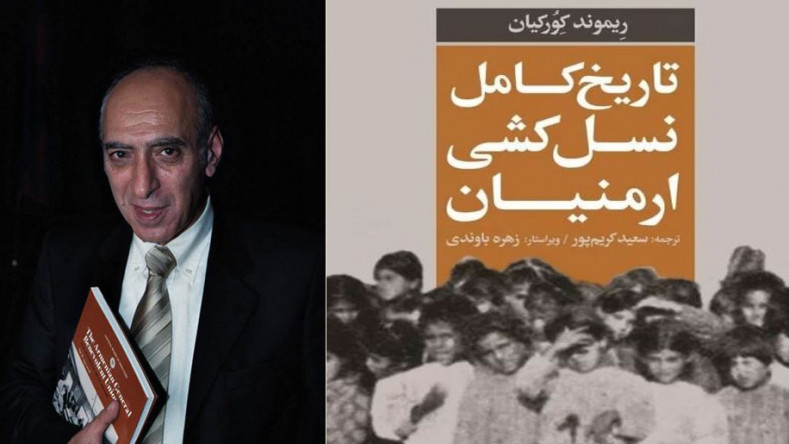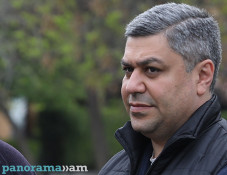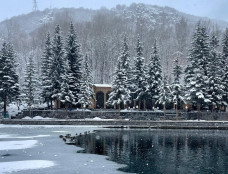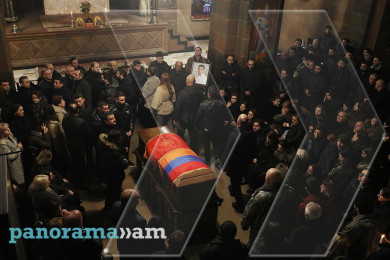
Raymond Kévorkian's book on Armenian Genocide history published in Persian
“The Armenian Genocide: A Complete History” by French historian Raymond Kévorkian has been published in Persian by the Afkar publishing house in Tehran, Tehran Times reports.
Saeid Karimpur is the translator of the book originally published in 2006.
The Armenian Genocide was one of the greatest atrocities of the twentieth century, an episode in which up to 1.5 million Armenians lost their lives.
In this major new history, Kévorkian provides a long-awaited authoritative account of the origins, events and consequences of the years 1915 and 1916.
He explains and analyses the debates that occurred within the elite circles of the Young Turks, and traces the roots of the violence that would be raged upon the Ottoman Armenians.
Uniquely, this is also a geographical account of the Armenian genocide, documenting its course region by region, including a complete account of the deportations, massacres and resistance that occurred.
Kévorkian considers the role that the Armenian Genocide played in the construction of the Turkish nation-state and Turkish identity, as well as exploring the ideologies of power, rule and state violence, presenting an important contribution to the understanding of how such destruction could have occurred.
Thus, Kévorkian examines the history of the Young Turks and the Armenians in the Ottoman Empire as they came into conflict with one another, taking into consideration the institutional, political, social and even psychological mechanisms that culminated in the destruction of the Ottoman Armenians.
Beginning with an exploration of the origins of the Young Turk Revolution in 1908, Kévorkian analyses the decision-making process which led to the terrible fate of those who were deported to the concentration camps of Aleppo and along the Euphrates.
Crucially, “The Armenian Genocide” also examines the consequences of the violence against the Armenians, the implications of the expropriation of property and assets and deportations, as well as the attempts to bring those who committed atrocities to justice.
This covers the documents from the Mazhar Governmental Commission of Inquiry and the formation of courts martial by the Ottoman authorities, and the findings of the March 1920 Committee for the Protection of the Minorities in Turkey, created by the League of Nations.
Kévorkian offers a detailed and meticulous account of the Armenian Genocide, providing an authoritative analysis of the events and their impact upon the Armenian community itself, as well as the development of the Turkish state.
This important book will serve as an indispensable resource to historians of the period, as well as those wishing to understand the history of genocidal violence more generally.
Newsfeed
Videos






























